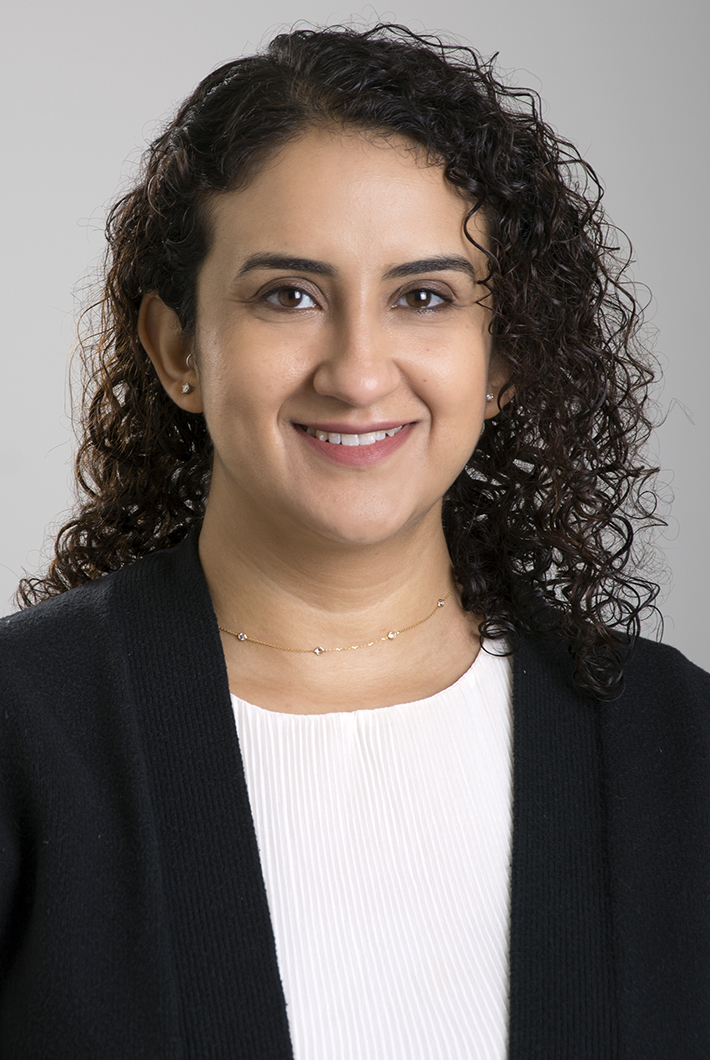Substance Use Disorder & Behavioral Health
Our national experts in addiction medicine lead the way in research that informs guidelines on the prevention, diagnosis and treatment of substance use disorder. Here at the Primary Care Research Institute (PCRI), we conduct research to promote integration of primary care and behavioral health care, improve patients’ self-management, and reduce avoidable hospitalizations and readmissions.
PCRI supports a diverse portfolio of research and evaluation projects addressing substance use disorder, such as community-based projects to improve access and retention in substance use disorder treatment, including medications for opioid use disorder, and harm reduction programs. Our research spans a broad array of settings, including primary care practices, academic teaching hospitals, behavioral health agencies, drug treatment courts, and community-based outreach sites. These settings, along with enduring partnerships with community and governmental organizations, offer an extensive laboratory for relevant clinical and implementation science research.
In addition, we direct one of the first ACGME-accredited Addiction Medicine fellowship programs in the nation. In our ongoing efforts to expand addiction medicine training for future physicians, we develop innovative, hands-on training opportunities for our Addiction Medicine fellows to treat the biological and behavioral changes triggered by substance use.
Most patients with behavioral health concerns present first to their primary care provider. A substantial portion of our research is also devoted to behavioral healthcare, and our research addresses the complex needs of people with comorbid medical and mental health concerns. Practicing in diverse clinical settings, our Family Medicine physicians provide evidence-based care for people with behavioral and medical conditions. Our department also has a long tradition of coordinated care between primary care practitioners and behavioral health clinicians and maintaining strong partnerships with academic psychiatry and community mental health agencies.
Current Research Projects

UB Gateway Building Department of Family Medicine 77 Goodell Street, Suite 220HC Buffalo, NY 14203
Email: sabdelsa@buffalo.edu

UB Gateway Building Department of Family Medicine 77 Goodell Street, Suite 220D Buffalo, NY 14203
Phone: (716) 816-7254; Fax: (716) 845-6899
Email: lskahn@buffalo.edu

Associate Professor; Vice Chair for Research, Director, Primary Care Research Institute
UB Gateway Building Department of Family Medicine 77 Goodell Street, Suite 220L Buffalo, NY 14203
Phone: (716) 816-7275; Fax: (716) 845-6899
Email: rs10@buffalo.edu

UB Downtown Gateway Department of Family Medicine 77 Goodell Street, Suite 220N Buffalo, NY 14203
Phone: 716-816-7278; Fax: 716-845-6899
Email: tumiel@buffalo.edu
